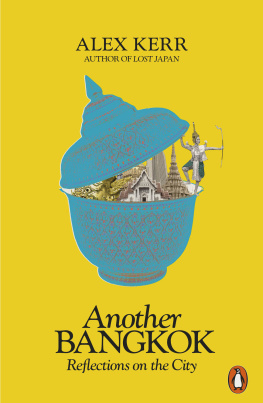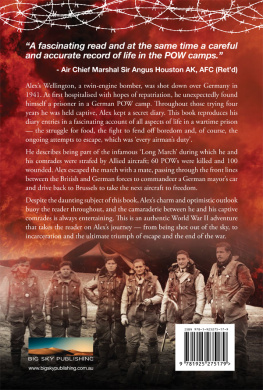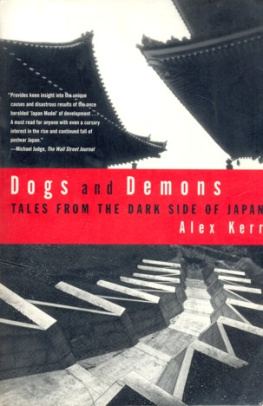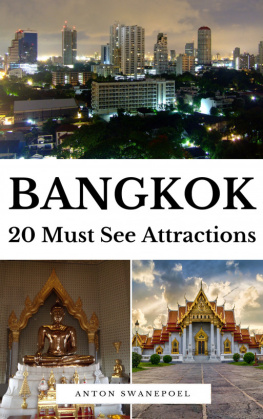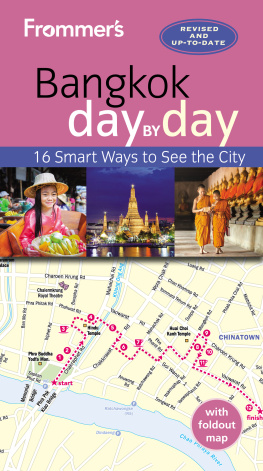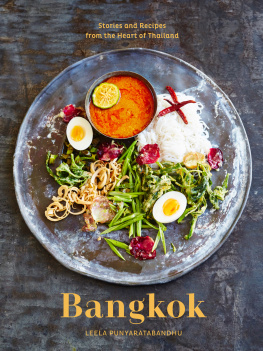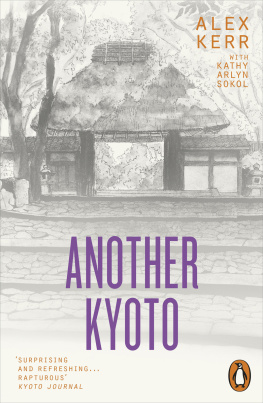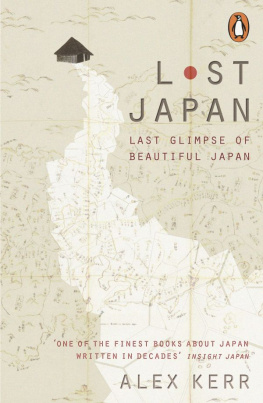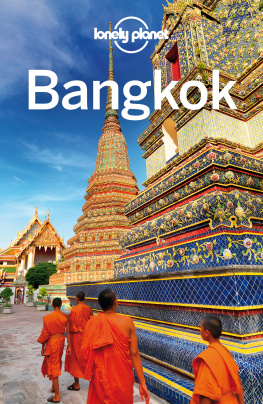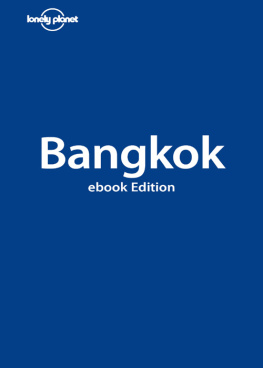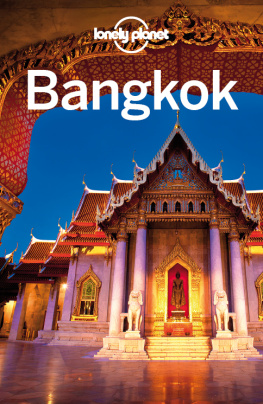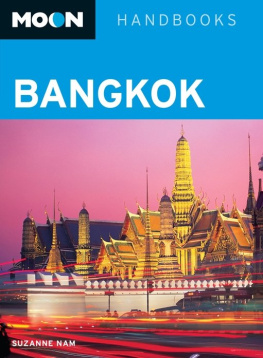About the Author
Alex Kerr is an American writer and Japanologist whose previous books include Lost Japan, Dogs and Demons and Another Kyoto (with Kathy Arlyn Sokol). He was the first foreigner to be awarded the Shincho Gakugei Literature Prize for the best work of non-fiction published in Japan. Having first visited Bangkok in the 1970s, since 1990 he lives half of each year in Kyoto, the other half in Bangkok.
Alex Kerr
ANOTHER BANGKOK
Reflections on the City

PENGUIN BOOKS
UK | USA | Canada | Ireland | Australia
New Zealand | India | South Africa
Penguin Books is part of the Penguin Random House group of companies whose addresses can be found at global.penguinrandomhouse.com.

First published in Thailand under the title Bangkok Found
by River Books 2009
First published in Great Britain by Penguin Books 2021
Copyright Alex Kerr, 2009, 2021
The moral right of the author has been asserted
Cover: Bridgeman Images; Getty Images
ISBN: 978-0-141-98718-7
This ebook is copyright material and must not be copied, reproduced, transferred, distributed, leased, licensed or publicly performed or used in any way except as specifically permitted in writing by the publishers, as allowed under the terms and conditions under which it was purchased or as strictly permitted by applicable copyright law. Any unauthorized distribution or use of this text may be a direct infringement of the authors and publishers rights and those responsible may be liable in law accordingly.
Contents
Foreword
This meditation on Bangkok first came out in 2009, published by River Books under the title of Bangkok Found. Now its twelve years later, and Ive revised it in light of Bangkoks more recent changes. In the meantime, in 2016 I wrote a book called Another Kyoto, which looked at the city of Kyoto based on the lore accumulated from years of living there. On revisiting Bangkok Found, I saw that it shares a point of view with Another Kyoto, hence the new title. That point of view is to probe the heart of the old culture lying behind the new city.
In Japan, bookshelves sag under the weight of books in English about ceramics, ikebana, gardens and the ways of thinking that have inspired them. People come to Japan on bended knee, eager to soak up the Zen wisdom of tea ceremony. You dont find this in Thailand, and its because Thailand is mostly seen from abroad as a place for fun and relaxation, shopping and the beaches. Few would imagine the existence of a rich traditional culture from which you could learn something of value.
In Bangkok, as in Japan, a vibrant popular culture abounds on every street corner. My quest has been to seek the deeper, older wellsprings of those things.
While Ive written about the city of Bangkok, this also tells the tale of a journey, by a man who started out in one place and ended up in another. While American, my background for over fifty years has been Japan. A writer friend once described me long ago as: a youth who loves in Japanese, lives in Japanese. Now that Im much older, thats still true.
And then, I came to Bangkok. In a break with everything in my former life, I arrived to live permanently in this city when I was over forty years old. Thai culture had lots of surprises in store, causing me to go back and question much that Id taken for granted in Japan, and in the end, my thoughts on Thailand congealed into this book.
Some chapters mirror those on Japan, such as the ones on old houses and performing arts, yet reach very different conclusions. Other chapters take up new subjects, such as slums, food, sex and nightlife.
Ive written this for people who, like myself, have come here and have been wondering, about simple things. Why do Thai dancers fingers bend backwards? Knowing full well that the Thai smile is not always so charming, why are we still charmed?
Behind these things, enriched with input from India, Java, Cambodia, China and the West, flows one of Asias deepest, and at same time kaleidoscopically complex, cultural traditions.
The starting point is the huge modern city that Bangkok is today. With one turn of the kaleidoscope, we see the colour and chaos thats such a familiar image of Bangkok in the world. With another turn we see the hidden rules of order that give Thai life a sterner edge, and also its stability, peace and grace. The journey to this new city takes us back to the origins underlying it all.
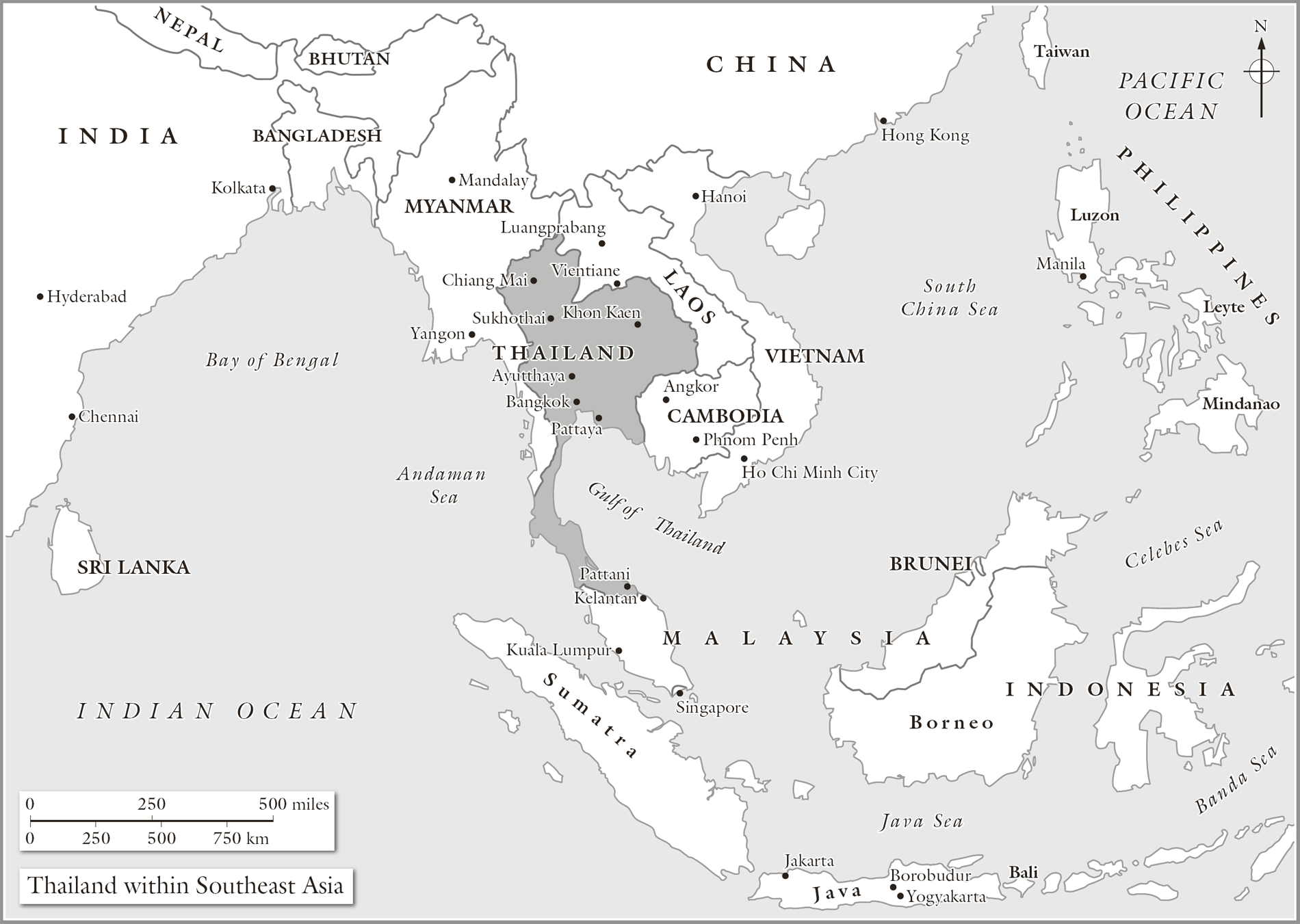
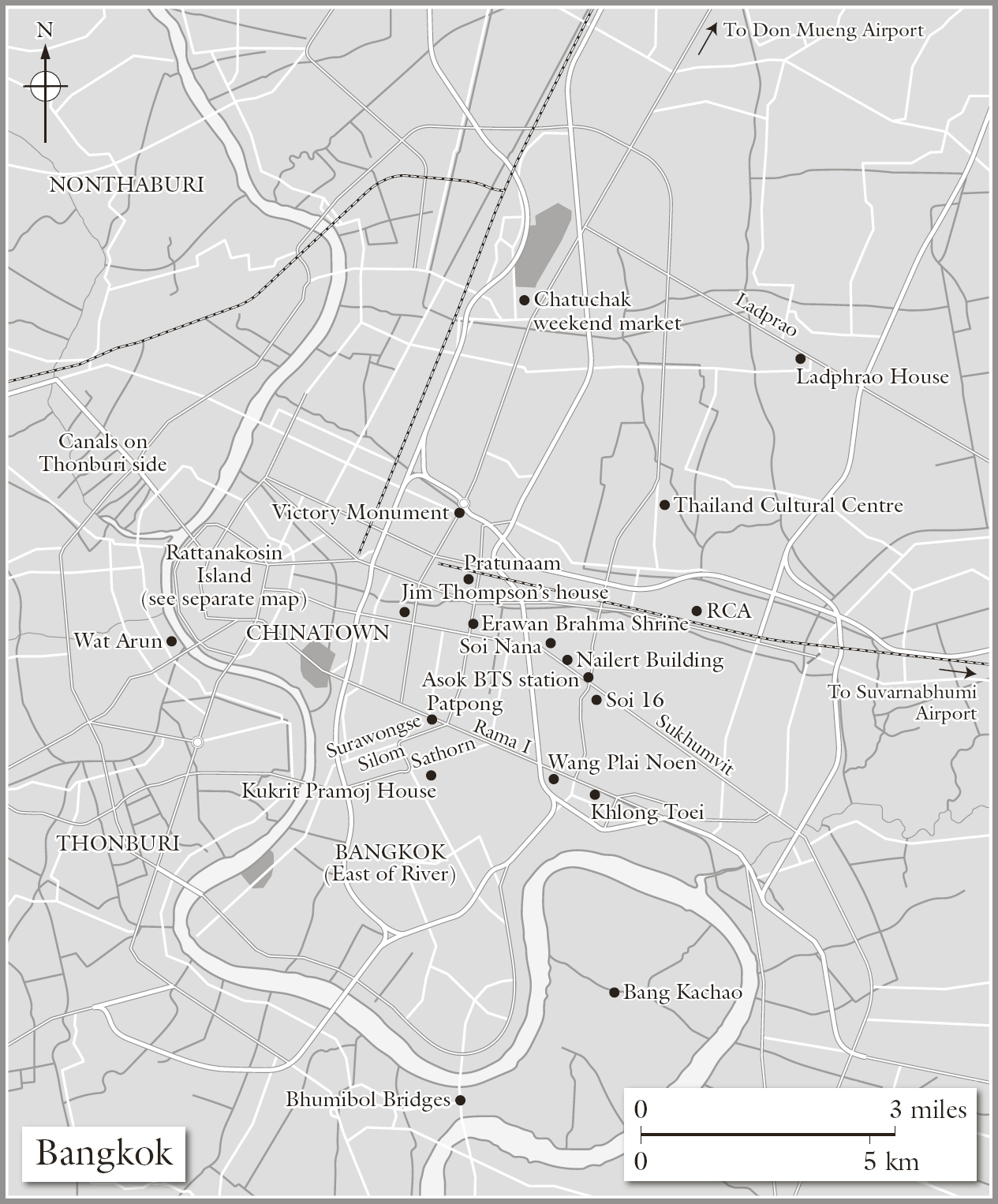
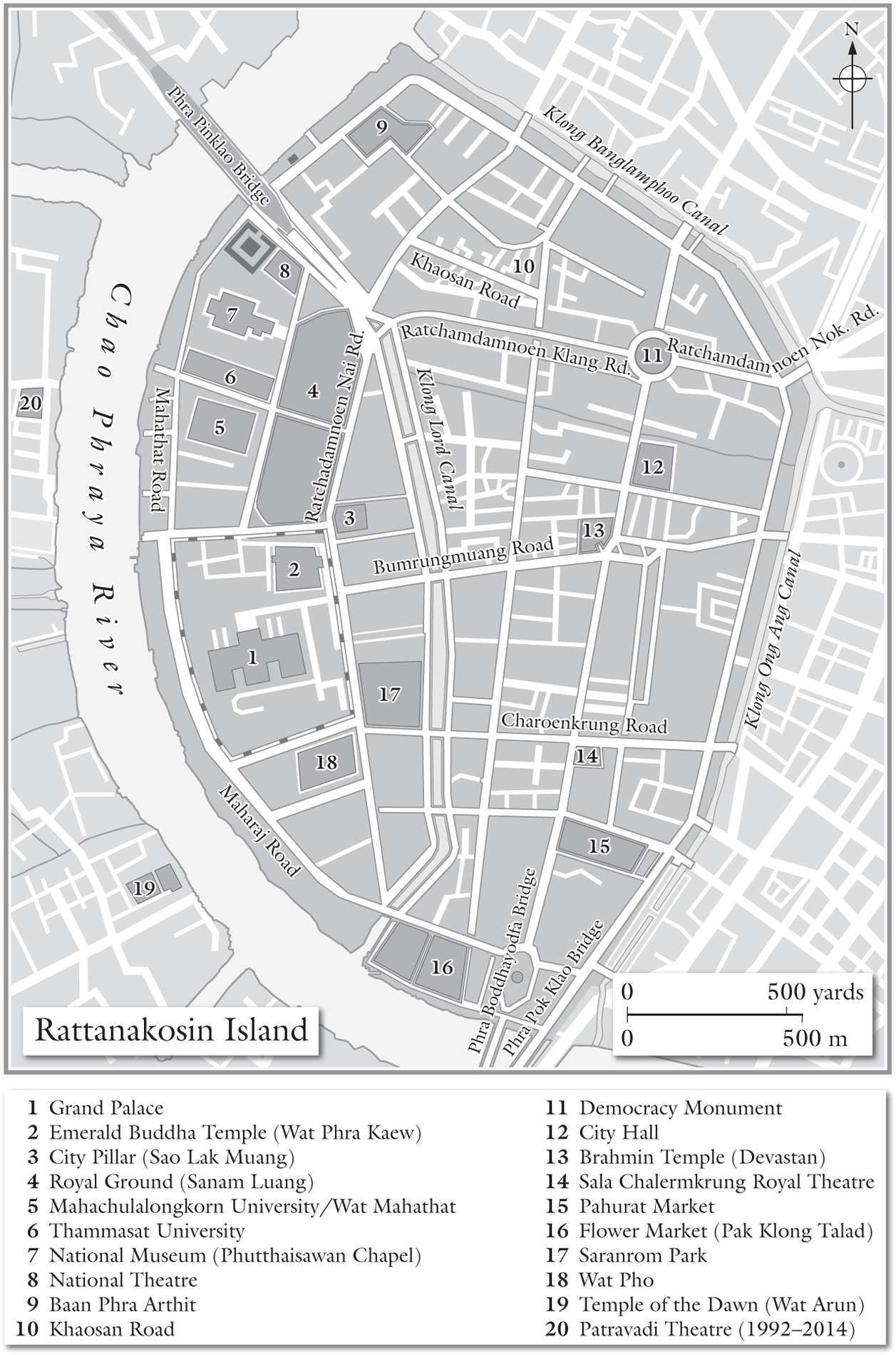
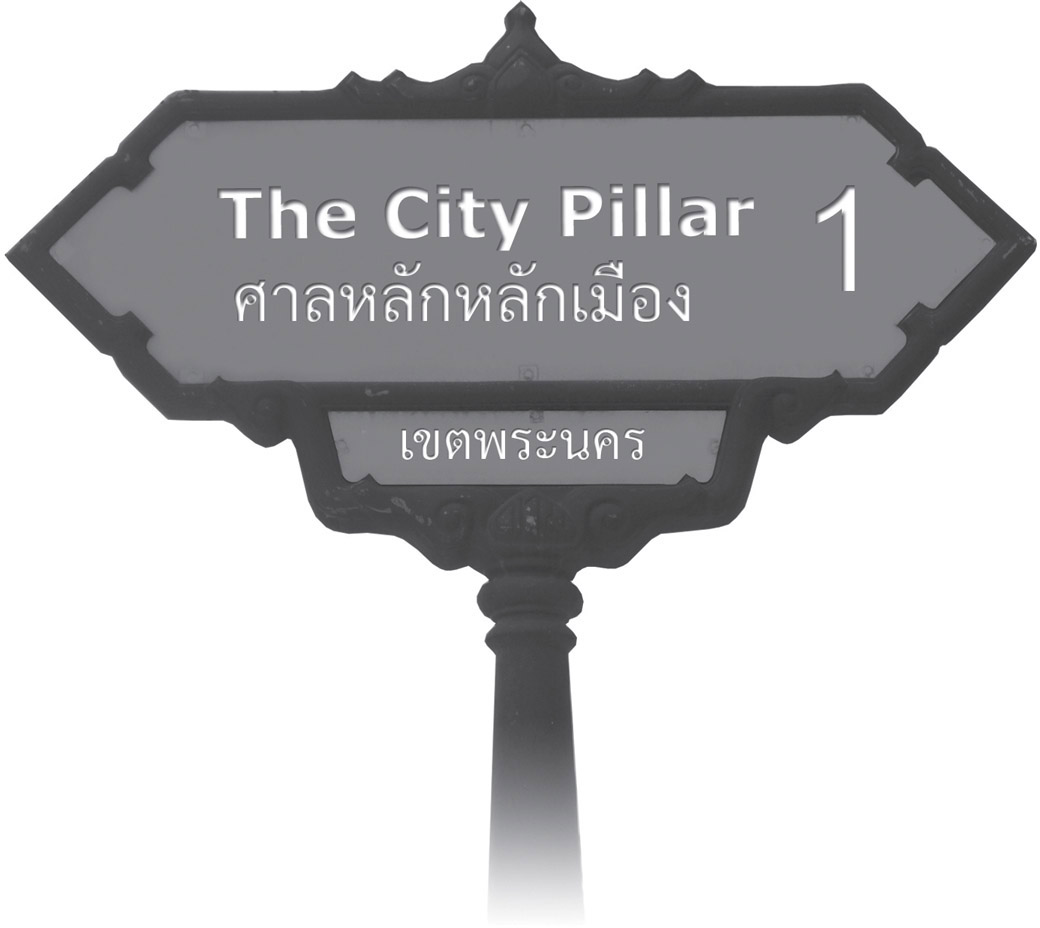
On 28 December 1989, I was seated reading a newspaper on the bullet train going from Kyoto to Tokyo, when a voice from on high boomed in my ears and proclaimed one word: Bangkok!
In the next instant, I could hear only the hum of the speeding train. In all my life, it was my first and last visitation from heavenly spirits. Putting down my newspaper, I thought what this could this mean. The fact was that until that moment I had practically forgotten Thailand, which had accounted for a few interludes in my life in the 1970s. I had not seen Bangkok in over ten years.
My life until then was largely lived in Japan. My family came to Japan in 1964 when my father, an American naval officer, was posted to the base in Yokohama. I was then twelve years old and found a fascination with Japan that inspired me later to study Japanese and Chinese and, after 1977, to take a job and live in Japan permanently. By 1989, when the Voice spoke, I was working for the Oomoto Seminar of Japanese Arts near Kyoto, writing about Japan, doing business in Japan. There seemed to be no reason why I would ever leave.
But, as I sat there on the train, memories of Bangkok flooded in.

The First Wave
I can see that my experiences with Bangkok came in waves, each one drawing me a little closer, until at last in 1997 I washed up on shore. The first wave came when I visited Bangkok in 1975, on the way back to America after a summer in Japan. In those years before the Khaosan Road area became an international backpacker mecca, young travellers stayed at the Malaysia Hotel on Soi Ngamduplii. It was the nerve centre where you could pick up information about any place in Thailand, Nepal or beyond, from papers stuck up on the message board in the hallway.
In the city, I experienced what backpackers still do today: I wandered Chinatown, set a bird free at Wat Pho, marvelled at the Grand Palace and boated to the Floating Market. The streets brimmed with intriguing things for sale. I bought one of my first antiques on that trip: a fifteenth-century incense burner picked up at the flea market in Sanam Luang, the square in front of the palace.

